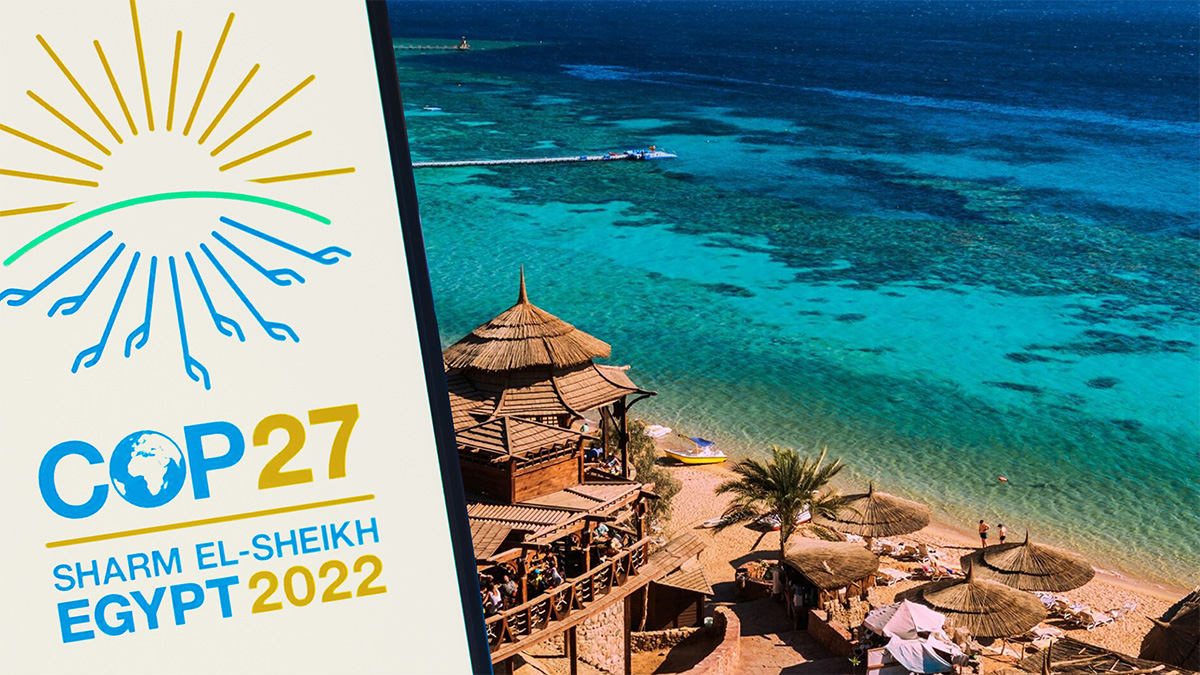
At COP 26, Parties anchored the inclusion of strengthened ocean-based action under the UNFCCC multilateral process. This was the start of a new mandate and a new opportunity for strengthening ocean and climate change action under the UNFCCC.
At the UNFCCC ocean dialogue in June 2022, participants highlighted the vital importance of the ocean to livelihoods and biodiversity and as a fundamental component of the climate system, while underlining the need for greater ocean-related climate action at national and international levels, including through improved scientific knowledge, capacity, and financial support.
The critical role of healthy coastal and marine ecosystems in climate mitigation and adaptation has been repeatedly highlighted and is a key area in which the mandates of numerous UN entities and initiatives, including the Ocean Decade and Decade of Ecosystem Restoration, have the potential to create significant synergies, both within and outside the UN system.
Notably, in March 2022, UNEA 5.2 through Resolution 5 adopted a multilaterally agreed definition of nature-based solutions (NbS), recognising the important role they play in the global response to climate change and its social, economic and environmental effects, and called upon the UN to support their implementation.
Working holistically across UN policy processes can help Parties to avoid duplication, fill capacity gaps, and capitalize on synergies. In this way, they can maximize the best use of available time and resources to achieve shared goals, strengthen implementation of the Paris Agreement and other UN mandates, and build sustainable blue economies.
This side event will provide a platform for experts engaged with UN-Oceans to showcase ambitious science-based initiatives for nature-based solutions for ocean-climate action that are accessible, replicable, scalable and sustainable. It will also provide an opportunity to engage with policymakers and understand possibilities for strengthening future collaborative action.
Following a High-level opening, moderated discussion are organised around two panels.
In the first panel, practitioners and experts working with UN-Oceans members will present case studies of ocean-related projects in which the delivery of results was escalated through inter-agency cooperation.
Among other issues, the vital role that healthy coastal and marine ecosystems play in climate mitigation and adaptation, particularly in vulnerable regions across Africa and in Small Island Developing States will be highlighted.
The second panel will allow for a moderated discussion amongst diverse actors, and interaction with the audience, to highlight the common factors of success and challenges of UN inter-agency projects.
It will also provide an occasion to discuss opportunities for greater future international support of ocean and climate action, including through filling critical scientific and knowledge gaps, reinforcing capacity, sharing and scaling up successes, and securing the needed finance moving forward.
The unique role that UN entities can play in strengthening the science-policy interface to enhance nature-based climate action will be highlighted.
Duly registered conference participants will be able to access the COP 27 platform for virtual participation. All COP 27 side events can be watched live and on-demand on this official secretariat-managed YouTube channel


